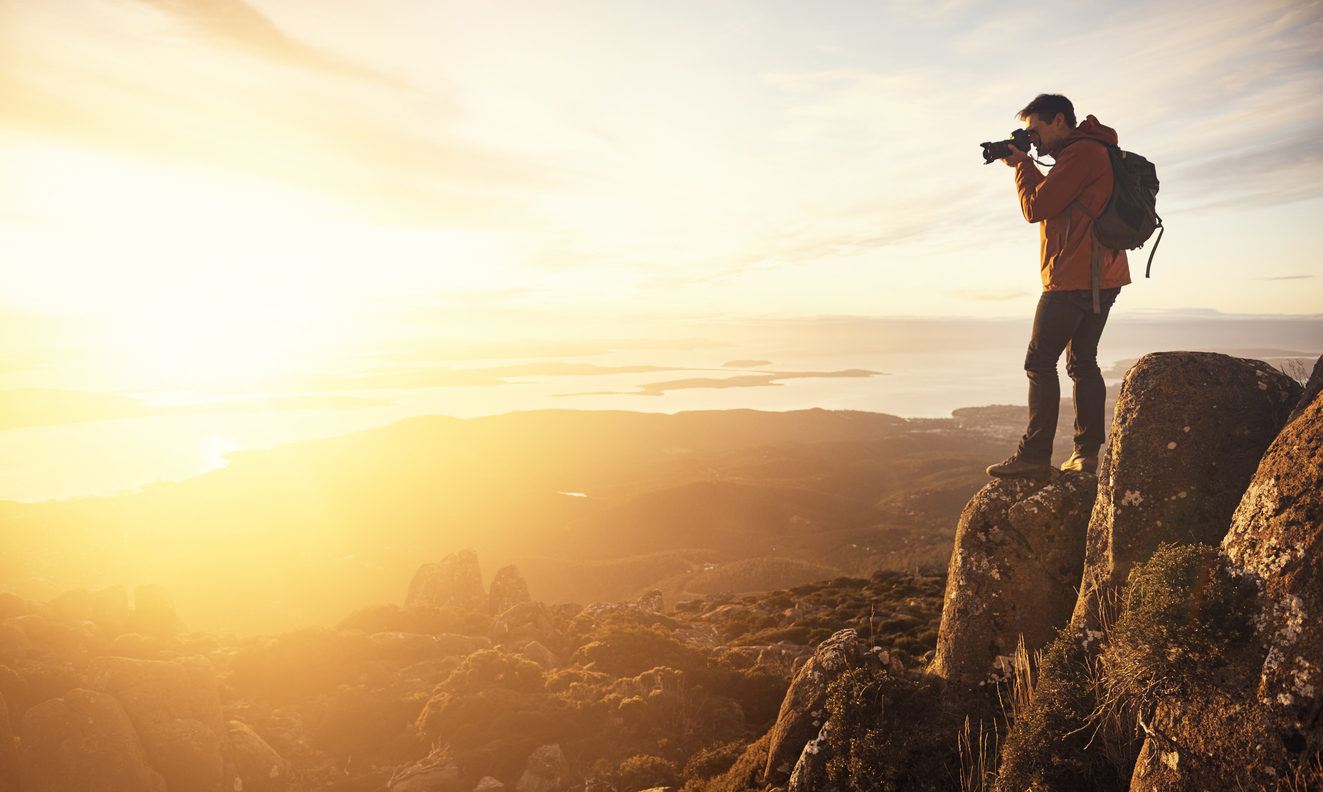Writing for Outdoor and Adventure Magazines: Tips and Strategies
Writing for outdoor and adventure magazines is an exciting and fulfilling career path for those with a passion for the great outdoors. As a writer in this niche, you have the opportunity to share captivating stories, inspire readers to explore new destinations, and provide valuable information on outdoor activities. In this article, we will explore the world of writing for outdoor and adventure magazines, including the skills required, tips for success, and potential career opportunities.
Understand the Target Audience
Before diving into writing for outdoor and adventure magazines, it’s crucial to understand the target audience. These magazines cater to outdoor enthusiasts, nature lovers, and adventure seekers. Research the specific magazine you’re interested in and familiarize yourself with their style, tone, and content. This will help you tailor your writing to their readership and increase your chances of getting published.
Develop Strong Writing Skills
Strong writing skills are essential for any writer, and writing for outdoor and adventure magazines is no exception. Work on honing your ability to craft compelling narratives, descriptive language, and engaging storytelling. Your writing should transport readers to the destinations you’re describing and ignite their sense of adventure. Practice regularly, seek feedback from peers or mentors, and read articles from established writers in this genre to improve your skills.
Build Expertise in the Outdoors
To write effectively about outdoor and adventure topics, it’s essential to have first-hand experience and knowledge. Spend time exploring the outdoors, participating in various activities, and immersing yourself in nature. This will not only provide you with valuable insights but also lend credibility to your writing. Whether it’s hiking, camping, rock climbing, or kayaking, the more you engage in these activities, the better equipped you’ll be to write about them.
Research and Fact-Checking
Accurate information is crucial in outdoor and adventure writing. Ensure that your articles are well-researched and factually correct. Double-check any statistics, historical references, or technical details you include in your writing. Inaccurate information can harm your credibility as a writer and the reputation of the magazine you’re contributing to. Use reliable sources and cite them properly to maintain your professionalism.
Develop a Unique Voice
While it’s important to adapt your writing to the magazine’s style, it’s equally important to develop your unique voice as a writer. Find a balance between adhering to the magazine’s guidelines and infusing your own personality and perspective into your articles. A distinctive voice will help your writing stand out and attract loyal readers who resonate with your style.
Pitching and Networking
Pitching your ideas to outdoor and adventure magazines is a crucial step in getting your work published. Craft persuasive pitches that highlight the unique angle or story you plan to bring to the table. Research the submission guidelines of the magazines you’re targeting and follow them meticulously. Additionally, networking with editors, fellow writers, and industry professionals can open doors to new opportunities. Attend relevant conferences, workshops, or industry events to expand your network.
Explore Freelance Opportunities
Freelancing is a common path for writers in the outdoor and adventure magazine industry. Many magazines accept freelance submissions, allowing you to contribute articles on a per-project basis. Freelancing offers flexibility and the chance to work with multiple publications simultaneously. Consider building a portfolio of published work to showcase your abilities and attract potential clients or employers.
Consider Specializing
Within the outdoor and adventure magazine industry, there are various niches you can specialize in. Whether it’s wildlife photography, extreme sports, travel writing, or gear reviews, focusing on a specific area can help you establish yourself as an expert in that field. Specialization can also lead to more opportunities, collaborations, and higher-paying assignments.
Stay Updated and Adapt
The outdoor and adventure industry is constantly evolving, with new destinations, trends, and activities emerging regularly. Stay updated with the latest news, gear advancements, and environmental concerns related to the outdoors. Adapt your writing to reflect these changes and offer fresh perspectives to readers. Being knowledgeable about current topics will make you a valuable asset to magazines seeking up-to-date content.
Pursue Education and Training
While formal education is not always a requirement for writing in this field, pursuing relevant courses or workshops can enhance your skills and knowledge. Look for writing courses that specialize in outdoor and adventure writing or journalism. Online platforms like Yellowbrick offer courses that provide insights into the industry and can help you develop your craft.
Writing for outdoor and adventure magazines is a rewarding career choice for those who love the outdoors and have a knack for storytelling. By developing strong writing skills, building expertise in the outdoors, and networking with industry professionals, you can carve out a successful path in this competitive field. Remember, perseverance, adaptability, and a genuine passion for the subject matter are key ingredients for success. So, grab your pen, hit the trails, and start crafting captivating stories that inspire readers to embark on their own outdoor adventures.
Key Takeaways:
- Understand your target audience: Research and familiarize yourself with the style, tone, and content of the magazine you’re interested in to tailor your writing accordingly.
- Develop strong writing skills: Hone your ability to craft compelling narratives, descriptive language, and engaging storytelling to transport readers and ignite their sense of adventure.
- Build expertise in the outdoors: Engage in outdoor activities to gain firsthand experience and knowledge, lending credibility to your writing.
- Research and fact-check: Ensure your articles are well-researched, accurate, and supported by reliable sources to maintain professionalism.
- Develop a unique voice: Find a balance between adhering to magazine guidelines and infusing your personality and perspective into your writing to stand out.
- Pitch and network: Craft persuasive pitches, follow submission guidelines, and network with editors and industry professionals for new opportunities.
- Explore freelance opportunities: Freelancing offers flexibility and the chance to work with multiple publications, building a portfolio of published work.
- Consider specializing: Focus on a specific niche, such as wildlife photography or travel writing, to establish yourself as an expert in that field.
- Stay updated and adapt: Keep up with industry trends, news, and environmental concerns to offer fresh perspectives to readers.
To further enhance your skills and knowledge, consider pursuing relevant education and training. Online platforms like Yellowbrick offer courses that specialize in outdoor and adventure writing, providing valuable insights and helping you develop your craft. Consider taking the “NYU | Modern Journalism” online course and certificate program. By combining passion, perseverance, and continuous learning, you can thrive in the world of writing for outdoor and adventure magazines.




